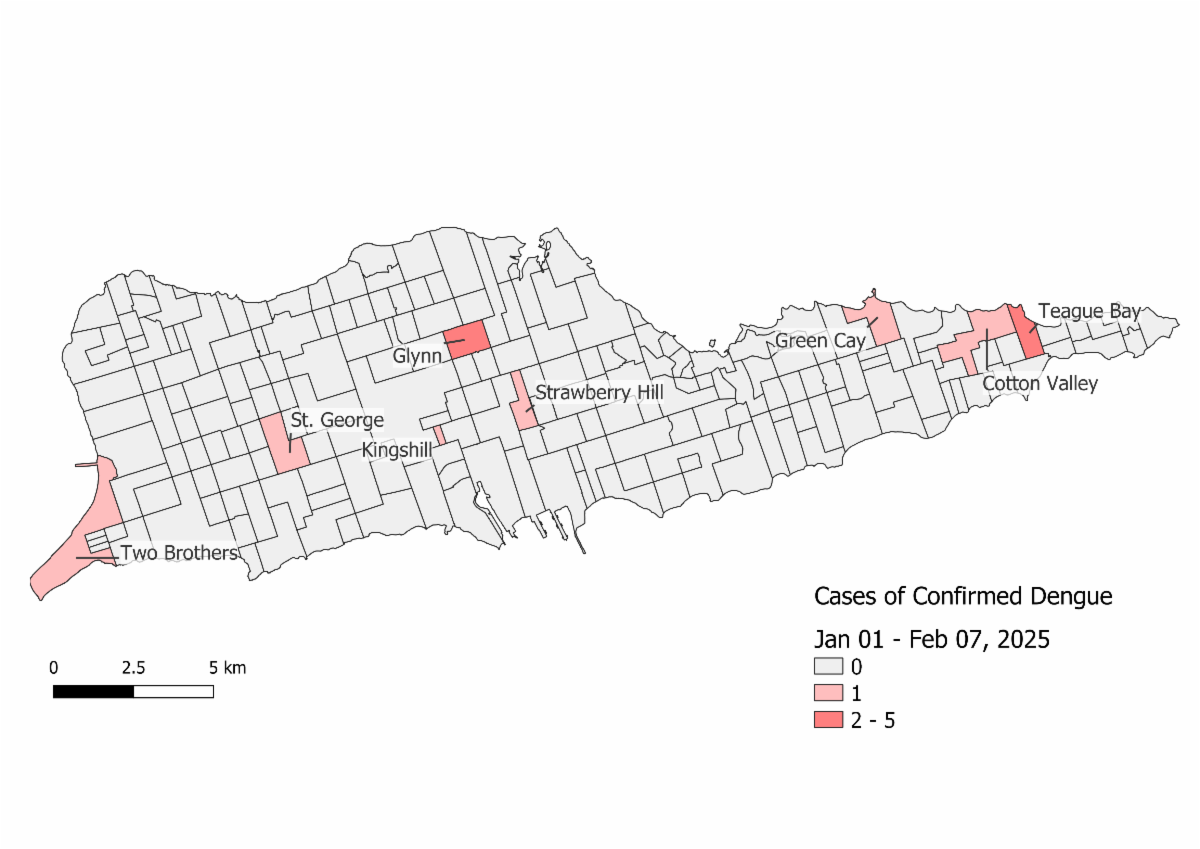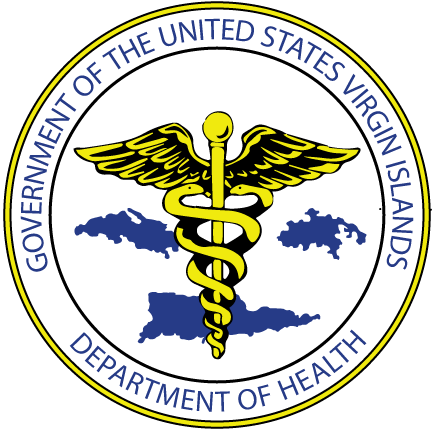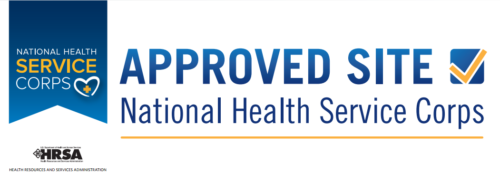U.S. VIRGIN ISLANDS – VI Department of Health reminded residents and visitors to take precautions to protect their health during the 53rd Annual Agriculture and Food Fair weekend.
“We are still in flu season, and right now we are actually in the peak of the season. As travelers return home and as the territory prepares for an influx of visitors this week, I am encouraging you to be proactive in protecting you and your loved ones against the flu,” said VI Health Commissioner Justa Encarnacion during the Government House Press Briefing held today. “Seasonal flu activity remains elevated across most of the US, and we are seeing an increase in the number of cases in the USVI.”
Here’s how to reduce the risk of infection:
- Wash your hands frequently with soap and water for at least 20 seconds. Use hand sanitizer with at least 60% alcohol when soap and water are unavailable.
- Maintain a safe distance from individuals exhibiting symptoms such as coughing, sneezing, or fever.
- If you or your family members are feeling unwell, please remain at home to prevent the spreading of illness to others.
- Consider wearing a mask in crowded indoor spaces.
- Get the flu vaccination.
The flu vaccine is available at the department’s Community Health clinics located at:
- the former Caribe Home Center at Castle Coakley, 2nd Floor, St. Croix. Call 340-712-0131 for more information.
- at the rear entrance of the Roy L. Schneider Hospital, next to the Emergency Room, on St. Thomas. The St. Thomas clinic can be reached at 340-774-7747.
- And at the Morris F. deCastro Clinic at Cruz Bay in St. John. The St. John clinic can be reached at 340-776-6400.
The Department of Health will once again be at the fairgrounds to provide fairgoers with blood pressure and glucose checks. The department is also providing handwashing stations throughout the fair.

Dengue Outbreak on St. Croix
“To date for 2025, we have 15 confirmed cases of dengue in the Territory, and all 15 of these are on St. Croix,” said Dr. Esther Ellis, Territorial Epidemiologist for the VI Department of Health. “We are alerting the St. Croix community of this outbreak, meaning that it is spreading faster than expected, and we are urging everyone to take precautions to prevent further transmission.”
The dengue virus is transmitted by the black-and-white-striped Aedes aegypti mosquito, which bites throughout the day. To reduce the risk of dengue:
- Remove standing water from around your home,
- Repair your window screens if there are holes or tears,
- Wear long sleeves and long pants and
- Use mosquito repellent when outdoors.
Confirmed cases consist of samples from St. Croix Prohealth, Juan F. Luis Hospital and Frederiksted Health Care Inc. In response, VI Department of Health teams have mobilized in the St. Croix district to inspect schools, apply larvicides in high-risk zones, and to educate schools on preventing mosquito bites and controlling breeding sites.
The virus can cause symptoms ranging from mild to severe, and in some cases, life-threatening.
The most common symptoms of dengue include fever, pain behind the eyes, muscle, joint, or bone pain, nausea, vomiting, and/or rash. These symptoms usually last two to seven days, and most people recover within a week. It’s important to rest and take acetaminophen or Tylenol for fever relief but avoid aspirin or ibuprofen.
“This is important. If you believe you have dengue, please see your healthcare provider at the onset of these symptoms to get tested,’ Dr. Ellis said. “Testing is the only way we can accurately track the rate of dengue in our community.”
Infants, pregnant women, and those with previous dengue infections are at higher risk for severe dengue. Severe dengue typically occurs 24 to 48 hours after the fever subsides and includes symptoms such as severe abdominal pain, vomiting, bleeding, or extreme fatigue. If you experience these symptoms, we advise you to seek emergency medical attention immediately.
The VI Department of Health has established a dengue hotline to provide you with information about dengue and prevention. The Dengue Hotline numbers are (340) 725-5389 or 340-774-7477 ext. 5647, and it operates between 8 a.m. and 5 p.m., Monday to Friday.
The department also recently launched the USVI Epidemiology Data Dashboard, which provides real-time updates on reported cases of dengue, Influenza, and COVID-19 and on wastewater surveillance in the Territory. To view the dashboard, visit doh.vi.gov.
H5N1 Current Situation
The VI Department of Health is closely monitoring H5N1, commonly referred as bird flu or avian flu, and recent developments in the U.S. mainland and Puerto Rico. Recently H5N1 was detected in a backyard poultry flock in Culebra, Puerto Rico.
While no cases in animals or humans have been detected in the territory, the virus has been found in other states and territories in wild birds, backyard flocks, poultry, dairy cows, and swine, raising concerns about its adaptability.
Since 2022, the CDC has confirmed 67 human cases of H5N1 in the U.S., with 66 reported since 2024, including one fatality in Louisiana. Most cases resulted from direct contact with infected animals.
While the CDC assesses the overall public health risk as low, individuals with occupational or recreational exposure to birds or livestock should take extra precautions, such as wearing appropriate personal protective equipment, or PPE, is not used.
To reduce risk:
- Avoid direct contact with wild birds, sick or dead poultry, or other sick animals.
- Wear appropriate protective gear (gloves, masks, and eye protection) when handling live poultry, livestock, or raw meat.
- Practice strict hygiene — wash hands thoroughly with soap and water for at least 20 seconds after contact with animals or raw products.
- Ensure proper food safety — only consume pasteurized dairy products and cook poultry and eggs to an internal temperature of 165°F (74°C).
- Disinfect surfaces and equipment used for handling raw meat, eggs, or animal products.
Individuals who have had direct contact with sick animals and develop flu-like symptoms should seek medical attention promptly. Antiviral treatments for seasonal flu are effective against H5N1 when administered early and are available in the territory with a prescription from your provider.
The VI Department of Health is working closely with the VI Department of Agriculture, Commissioner Peterson and Dr. David Wenger the State Animal Health Official. The VI Department of Agriculture does have the capacity to test all birds presented for export and all sick birds they encounter.
“So far all have been negative,” Dr. Ellis said. “We are collaborating to expand this testing to random sampling of backyard flocks.”
The VI Department of Health will continue to work with local and federal partners to monitor the situation and will provide updates as needed. For the latest data on H5N1, visit the USDA website.

